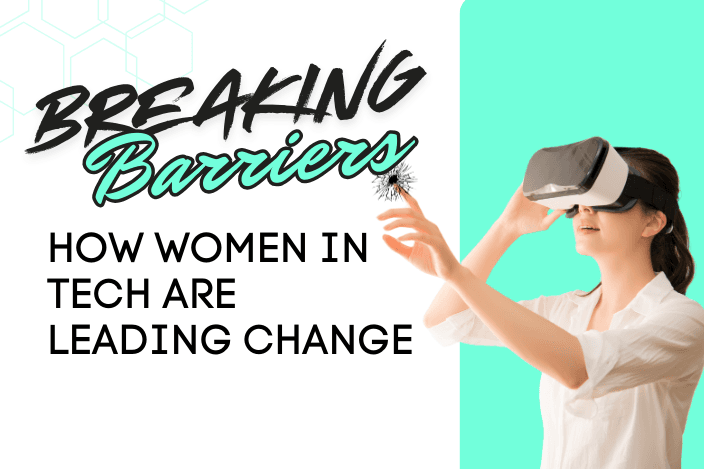The Future of Work: Are You Prepared for AI and Automation?

Elisa Di Pasquale
Artificial Intelligence
AI and Automation are reshaping industries, transforming job markets, and redefining the future of work. While these advancements bring efficiency and innovation, they also raise concerns about job security and skills adaptation. Are you prepared for this shift? This article explores the impact of AI and automation, the skills required for the future, and how businesses and individuals can adapt.
Understanding AI and Automation
What is AI?
AI refers to machines and systems that simulate human intelligence, learning from data, making decisions, and improving over time. Examples include chatbots, self-driving cars, and recommendation algorithms.
The Role of Automation in Industries
Automation involves using technology to perform tasks with minimal human intervention. It includes robotic process automation (RPA), machine learning, and AI-driven decision-making.
Differences Between AI and Traditional Automation
Traditional automation follows predefined rules, while AI adapts and evolves. AI can analyze patterns, make predictions, and improve processes beyond human capabilities.
How AI and Automation Are Changing Jobs
Industries Most Affected
- Manufacturing (robotics replacing manual labor)
- Healthcare (AI-assisted diagnostics)
- Retail (self-checkout and automated inventory)
- Transportation (autonomous vehicles)
Job Roles That Will Be Replaced
- Routine-based jobs (data entry, cashier, telemarketing)
- Repetitive manual tasks (factory workers, delivery drivers)
- Customer support (chatbots replacing basic queries)
Emerging Job Opportunities
- AI specialists and data analysts
- Cybersecurity experts
- AI ethics and compliance officers
- Human-centered AI trainers
AI and the Future of Work: Opportunity or Threat?
Benefits of AI in the Workplace
- Increased productivity and efficiency
- Reduction in human errors
- More focus on creative and strategic roles
The Risks of Job Displacement
- Workforce disruption and reskilling needs
- Increased inequality between AI-trained and non-trained workers
- The potential need for economic safety nets
The Skills of the Future
Technical Skills Needed
- AI and machine learning
- Data science and analytics
- Cybersecurity
Soft Skills That Will Remain in Demand
- Critical thinking and problem-solving
- Emotional intelligence
- Adaptability and creativity
How Businesses Are Adapting
Companies are integrating AI through automation tools, digital transformation strategies, and workforce training programs. Case studies include Amazon’s AI-driven logistics and Tesla’s automation in manufacturing.
The Gig Economy and AI
Freelancers are leveraging AI for automation-based gig jobs, such as AI content creation, programming, and data analysis.
Remote Work and AI Integration
AI-powered collaboration tools, virtual assistants, and automated scheduling enhance remote productivity.
Government and Policy Changes
Countries are debating regulations on AI ethics, universal basic income (UBI), and worker protections against automation-related job losses.
Preparing for the Future of Work
Individuals must upskill, pursue AI education programs, and adopt lifelong learning strategies to remain relevant.
AI in Recruitment and Hiring
AI-driven hiring tools streamline resume screening, but concerns about biases and ethical implications remain.
The Role of Human Creativity in an AI-Driven World
Creativity, emotional intelligence, and human judgment remain irreplaceable, ensuring that AI enhances rather than replaces human capabilities.
Ethical Considerations of AI in Work
AI bias, data privacy, and surveillance concerns must be addressed to ensure ethical AI implementation in workplaces.
AI and Workplace Productivity
AI improves efficiency and minimizes human error, but businesses must navigate challenges in AI adoption.
Conclusion
AI and automation are transforming the future of work. While some jobs will be replaced, new opportunities will emerge. By embracing lifelong learning, developing new skills, and adapting to AI-driven changes, individuals and businesses can thrive in this evolving landscape. The question remains: Are you prepared?
FAQs
1. Will AI completely replace human jobs?
AI will replace some routine-based jobs, but it will also create new roles that require human skills.
2. What skills are essential for the future of work?
Technical skills (AI, data science) and soft skills (creativity, adaptability) will be crucial.
3. How can businesses prepare for AI integration?
Companies should invest in AI tools, train employees, and adopt digital transformation strategies.
4. What are the biggest challenges of AI in the workplace?
AI bias, ethical concerns, and job displacement are key challenges.
5. How can individuals future-proof their careers?
By upskilling, embracing lifelong learning, and staying updated on AI trends.
6. Will remote work continue to grow with AI?
Yes, AI-powered tools will enhance remote collaboration, making it a dominant work model.
Related Articles

Breaking Barriers: How Women in Tech Are Leading Change in 2025
Women in tech have been breaking barriers for decades, yet challenges persist in representation, leadership, and equal pay. The technology industry th...
Elisa
Why Every Leader Needs a Growth Mindset in 2025
Introduction The world of leadership is changing fast. The rise of artificial intelligence, the shift to remote and hybrid work, and evolving employee...
Elisa
